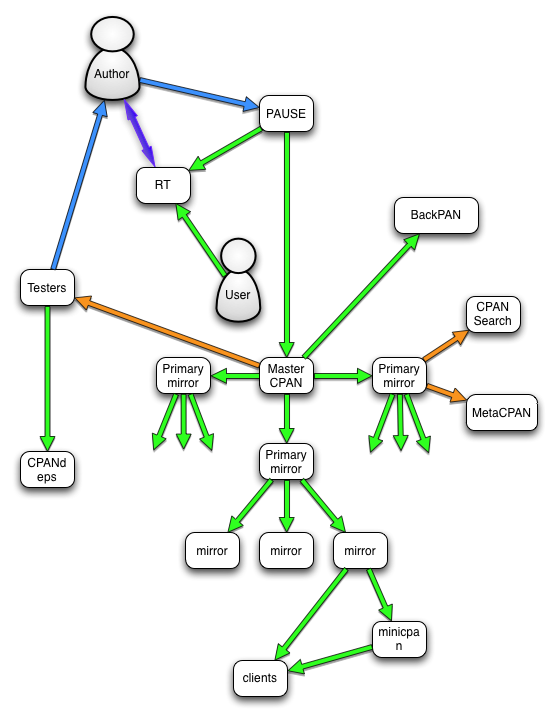Hi Folks
Over the years I've collected various lists of utilities which, for some reason, caught my eye. And now, having plenty of time (note: jealousy is a curse) I've simplified my collection of lists and browser bookmarks...
o aescrypt:
- Encrypt
- http://www.aescrypt.com/
o atop:
- Monitor processes
o Basecamp etc:
- Collaborate remotely
- http://37signals.com/
- Basecamp, Backpack, Campfire, Highrise
o Compression comparison:
- http://www.maximumcompression.com/index.html
- Huge list of compression programs: http://www.maximumcompression.com/programs.php
o dstat:
- Monitor processes
- dstat --tcp
o Firestarter:
- Filewall
- http://www.fs-security.com/
o free:
- Monitor memory
- free -m
o GnuPG
- Encrypt
- http://gnupg.org/
o Help:
- http://www.debian-administration.org/article/How_to_find_out_which_process_is_listening_upon_a_port
- http://www.debian-administration.org/articles/178
o htop:
- Monitor processes
o ifconfig:
- Monitor network
- sudo ifconfig -a
o ifdata:
- Monitor network:
- Part of moreutils
- http://kitenet.net/~joey/code/moreutils/
o iftop:
- Monitor network
o iotop:
- Monitor I/O
o ip:
- Monitor network
o iptables:
- Filewall
- Cheat sheet: http://blog.oddeven.info/iptables-cheat-sheet/
